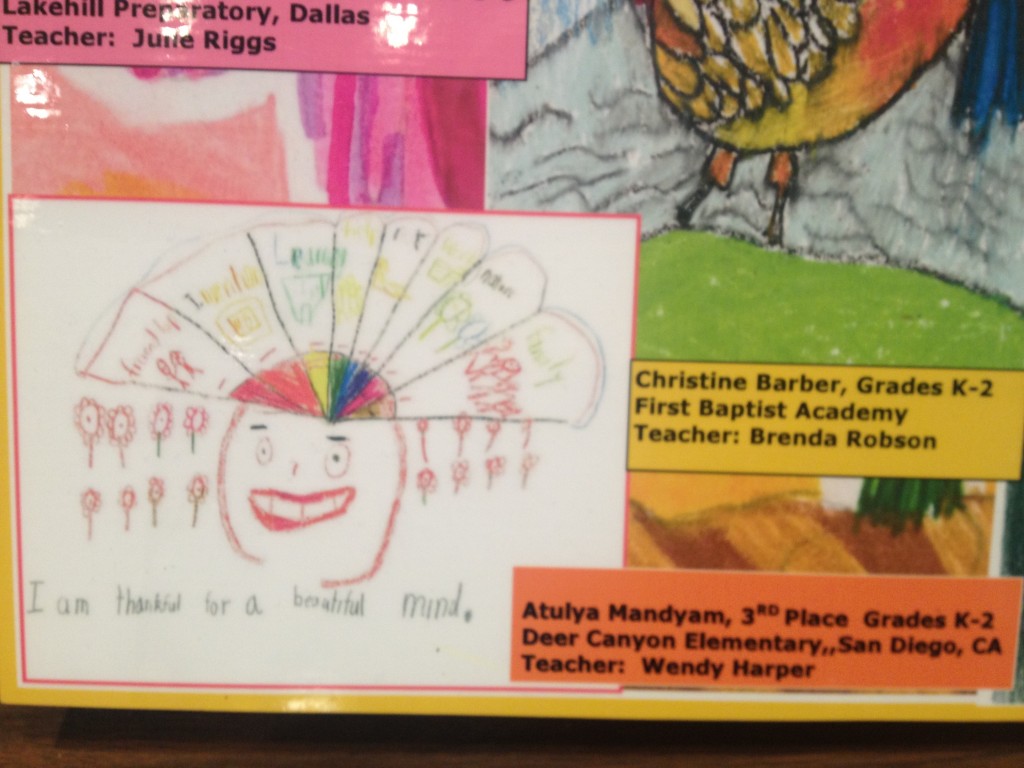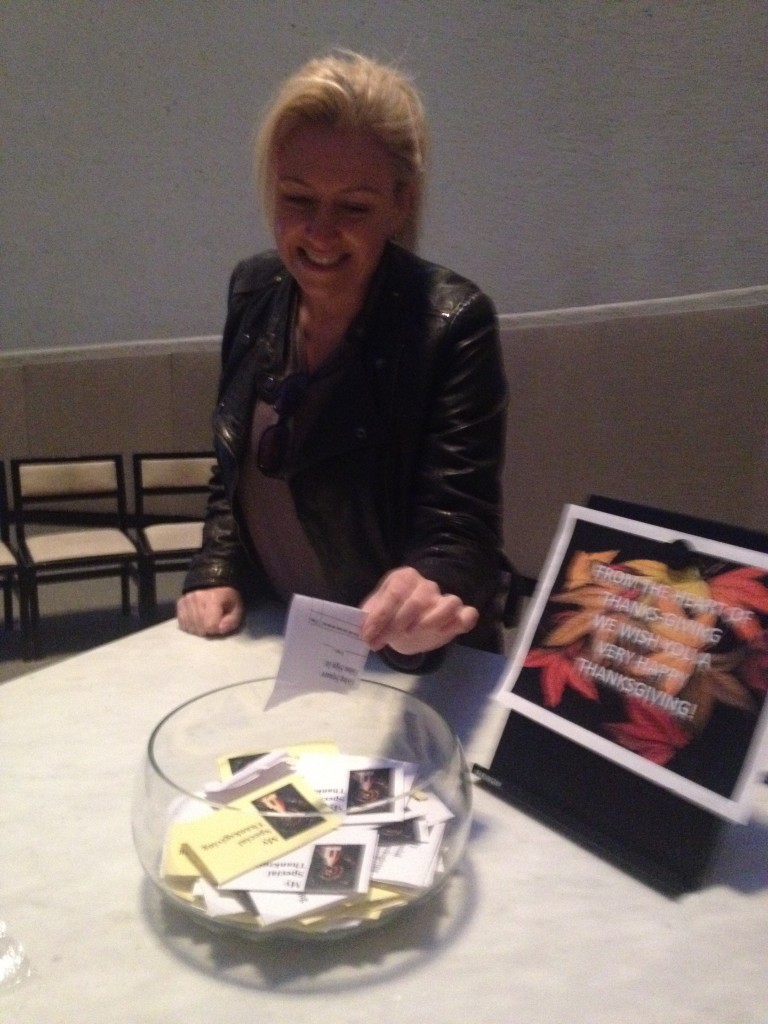Australians are traditionally enthusiastic adopters of all things American.
Why then, when we are so keen to send our children off to roam the streets at Halloween begging for lollies, use z’s instead of s’ when spelling, and borrow yet another reality television show format, have we not embraced the one US tradition we need most?
Thanksgiving — I vote we make a place at the table for you.
On the fourth Thursday in November, Americans gather with their loved ones to kick off the festive season with a day devoted to eating turkey, watching football, and expressing gratitude. No presents required.
Although there are some who protest what they see this a glorification of the early settlers (the pilgrims hosted the first celebration to thank the indigenous Americans who had helped them survive through to the harvest — but far less hospitably, they also gave them syphilis and stole their lands) the vast majority of Americans, regardless of political or religious beliefs, consider Thanksgiving sacrosanct.
Sure, we Aussies already have plenty of all day-eating fests of our own. And we’ve dedicated a number of public holidays to our obsession with sport to boot.
But we rarely take the time out to reflect on what we appreciate, or remind ourselves that no matter how independent we are, we still have other people to thank for much of the good in our lives.

Have we perhaps fallen into the trap of viewing thankfulness as somewhat frivolous?
Cultivating gratitude, however, is important work. It has not only been linked to richer social interactions, but to everything from an increased sense of joy, reduced depression, and even physical benefits such as stronger immune systems, lower stress, less pain and better sleep. In our workplaces, thankfulness has been associated to everything from decreased absenteeism to increased productivity.
But in lieu of a day put aside for connecting and reflecting, what can we do instead to foster thankfulness? In reality, the real roll-up-your-sleeves-and-get-it-done kind of love and gratitude work happens 365 days a year. It doesn’t wait for the holidays.
Like any other important value, gratitude is most effectively developed when it is introduced from an early age as a daily habit. Whether it be through keeping gratitude journals, writing letters or cards of thanks, donating to the less fortunate, giving time and effort to others through acts of service to the community, or recognising the everyday heroes that help us, thankfulness needs to be practised.

The research is clear too that even during times in our lives when it feels a struggle to find the good, we should persist, for it is at these times that we benefit the most from an optimistic, grateful mindset.
In his recent comedy special Annihilation, Comedian Patton Oswald powerfully opens up abut his own struggle to feel anything other than empty in a post Trump world — particularly when his wife, Michelle McNamara, died suddenly last year.
“Beyond my wife passing away, which is horrible, there’s also really horrific evidence that I might be dead and imagining this hell, based on what the (expletive) is going on around me right now in the world,” he says. “If my mind were to create a hellscape, it would kind of look like this.”
Yet, he argues, he’s somehow stay connected to both humour and humanity by following his late wife’s sage advice; “It’s chaos, be kind.”
Life is chaos. But make no mistake, in our increasingly unpredictable, narcissistic world, the gift we need most is some time and space to increase both empathy, and kindness.
This post was originally published in the Daily Telegraph




